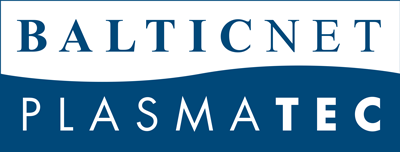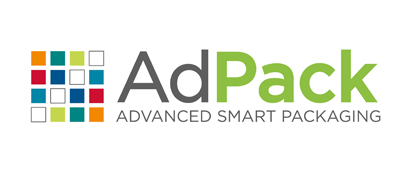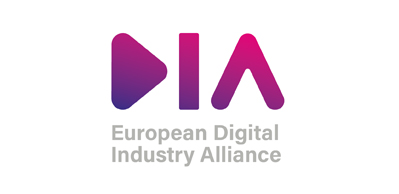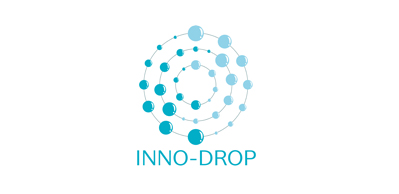
BMBF “Connecting with scientific and industrial institutions in Israel with focus on plasma technology”
15. July 2021
BMBF “Connecting to scientific and industrial facilities in India with the focus on plasma technology”
17. July 2021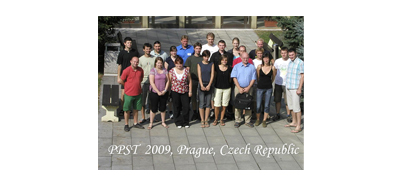
Plasma technology is a key technology, e.g., in microelectronics fabrication, nanotechnology and materials research, lighting and plasma displays, pollution control, and has major impact on the development of society. Although a plasma is considered the forth state of matter, it is not well recognised as a teaching and research discipline at universities. This summer school aims to promote the basics of plasma physics in a compact training course to be taught to undergraduate and postgraduate students with a background in natural science and engineering.
The summer school addresses to 4th year and post-graduate students from participating institutions in Germany (Greifswald, Kiel), Czech Republic (Charles University), and Poland (TU Gdansk, Koszalin University of Technology, TU Szczecin).
Previous summers school were held in Greifswald (Germany) in 2007 and in Koszalin (Poland) in 2008. This third summer school is devoted to high temperature and fusion plasmas and will take place in Prague at the Faculty of Mathematics and Physics of Charles University and at the Institute of Plasma Physics of the Academy of Sciences of the Czech Republic.
To reach the Faculty, go the Praha Holesovice metro/train station from where you take Bus No 102 or 186 for two stops. This stop is called “Kuchynka” and is located immediately after the bridge. The entrance to the faculty is located behind the tall 10-floors-building (presently under reconstruction) . A small parking site is in the front of the entrance.
Registration will take place in Room A042 (located in the basements of the building A) at the Faculty of Mathematics and at the Faculty of Physics. Most lectures will take place in lecture hall T2 (located in the basement/first floor of the building T).
Some lectures and excursions are organized in the Institute of Plasma Physics, Za Slovankou 3, 182 00 Prague 8. The simplest way is to go by metro (red line C) to the station “Ladvi”. The Institute is approximately 350 m from the station across the road.
Financially supported by:
European Commission, Directorate General for Education and Culture, through German Academic Exchange Service (DAAD).
